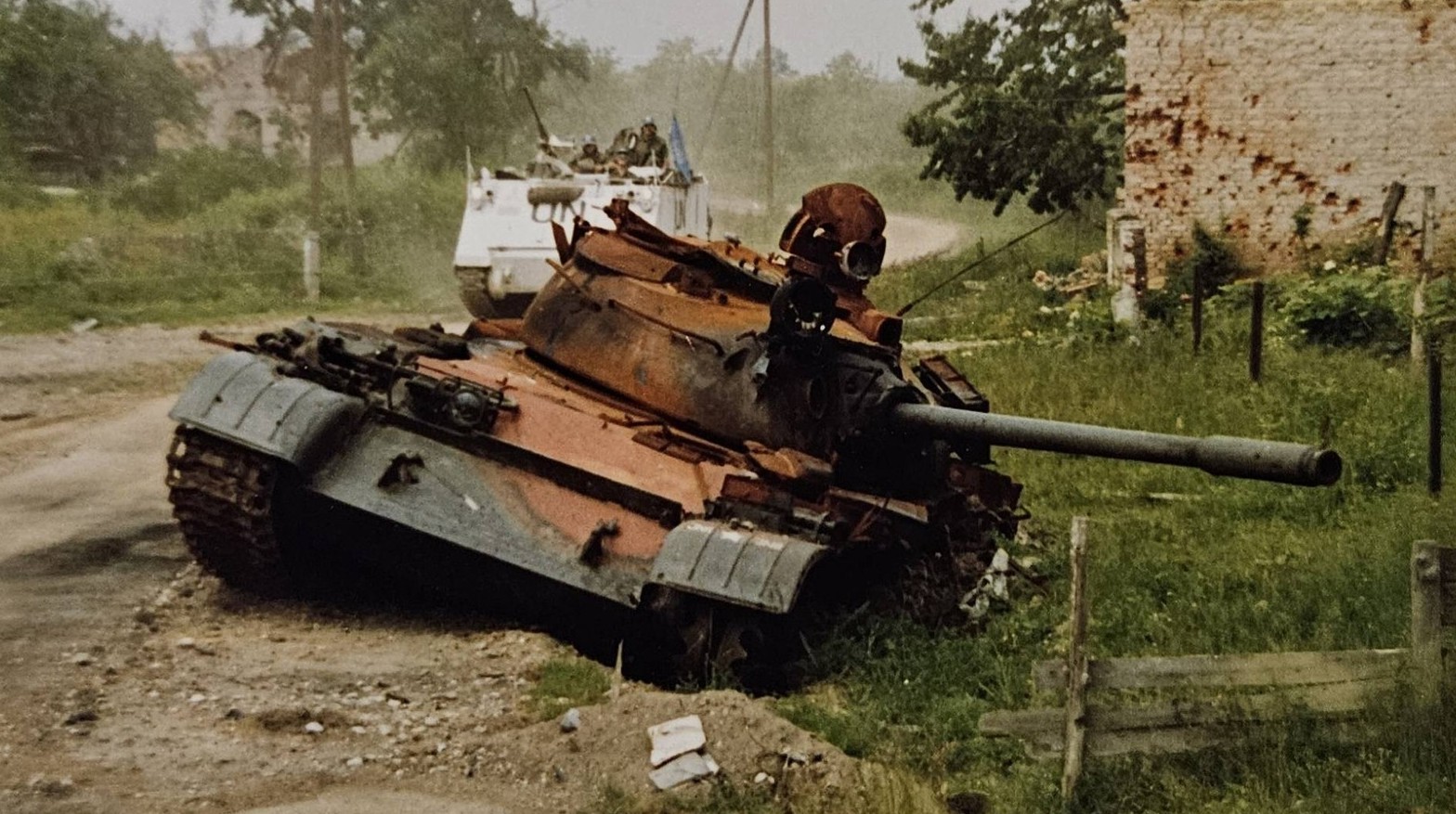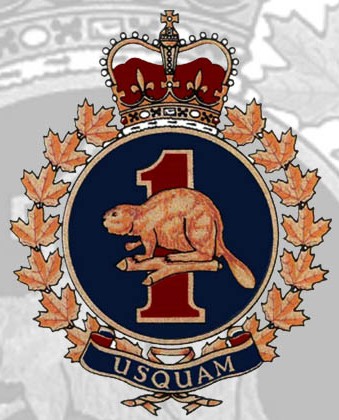NATO Former Yugoslav Republic of Macedonia (NATO-FYROM)
WARNING: Due to the nature of the conflict and operations in the Balkans, some of these articles may contain graphic or disturbing content. Please use your discretion. If an article adversely affects your mental health, consider seeking help by consulting the agencies listed in the Mental Health Resources section of this website.
NATO led Peace support operations in the Former Yugoslav Republic of Macedonia (NATO-FYROM)
Insurgents agreed to the weapons collection plan and to voluntarily hand in their weapons. Part of this plan was a list of weapons and ammunition which the insurgents committed to provide as one of their obligations as a confidence-building measure and one element of a broader peace plan proposed by President Trajkovski. TFH accepted what was passed in within the established timeframe. In accordance with the agreement between the ethnic Albanian insurgents and the government of the former Yugoslav Republic of Macedonia, it was the responsibility of the insurgents to de-mine weapons caches and bring any hidden weapons to the collection sites. TFH’s only mandate was to collect weapons that were voluntarily turned in by the armed extremists; the responsibility to ensure a safe and secure environment remained with the government of the former Yugoslav Republic of Macedonia.
Peace support operations in North Macedonia (2001-2003)
In 2001, NATO engaged in three separate operations on the request of one of its former partner countries – North Macedonia (previously known as the former Yugoslav Republic of Macedonia). These operations helped to quell tension between the country’s ethnic Albanian minority and national security forces.
- With the signing of the Ohrid Framework Agreement (13 August 2001), the Skopje government pledged to improve the rights of its ethnic Albanian population and the latter agreed to abandon separatist demands and hand over weapons to a NATO force. This was the beginning of NATO’s short-term military presence in the country (2001-2003).
- Operation Essential Harvest (22 August – 26 September 2001) helped to disarm ethnic Albanian extremists on a voluntary basis.
- Operation Amber Fox (27 September 2001 – 15 December 2002) was mandated to ensure the protection of international monitors from the European Union and the Organization for Security and Co-operation in Europe, which oversaw the implementation of the Ohrid Agreement.
- Operation Allied Harmony (16 December 2002 – 31 March 2003) provided continued support for the international monitors and assisted the government in taking ownership of security throughout the country.
- NATO maintained a military headquarters in Skopje to provide support in security sector reform until 2012, when the headquarters became the NATO Liaison Office Skopje.
- North Macedonia had been a NATO partner country since 1995 and, after a mutually acceptable solution to the issue of its name was reached with Greece, it became a NATO member in March 2020.
- The country has been recognised as the Republic of North Macedonia since 15 February 2019.
.webp)
The ribbon is dark blue, the colour of NATO with four white stripes, two on either end, representing peace. The tour numerals are Arabic script and made of bronze.



